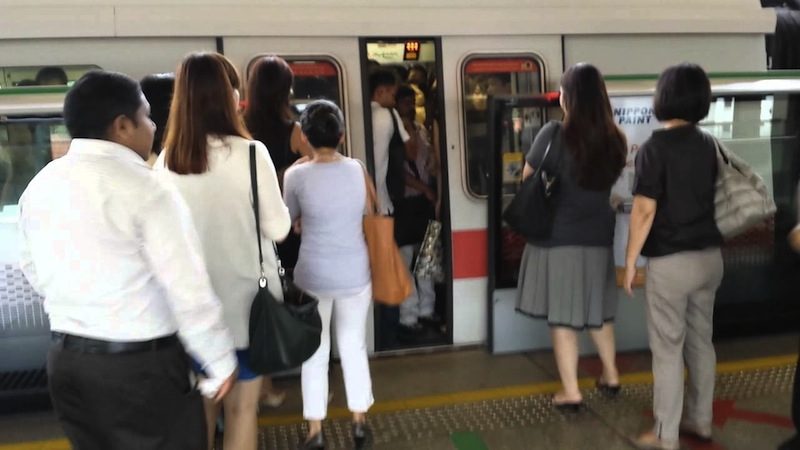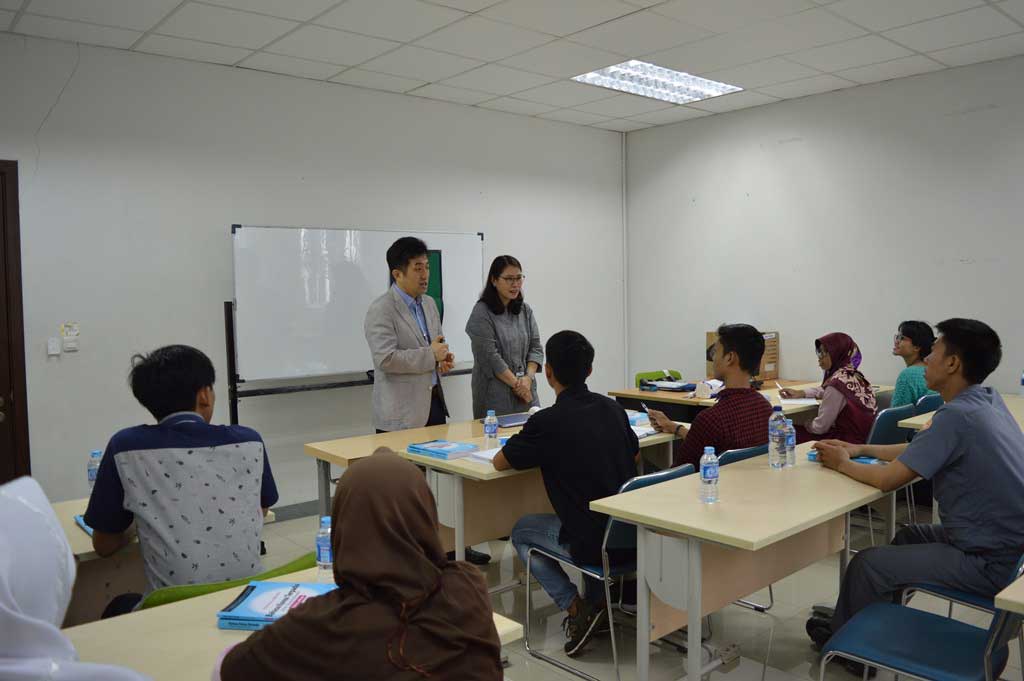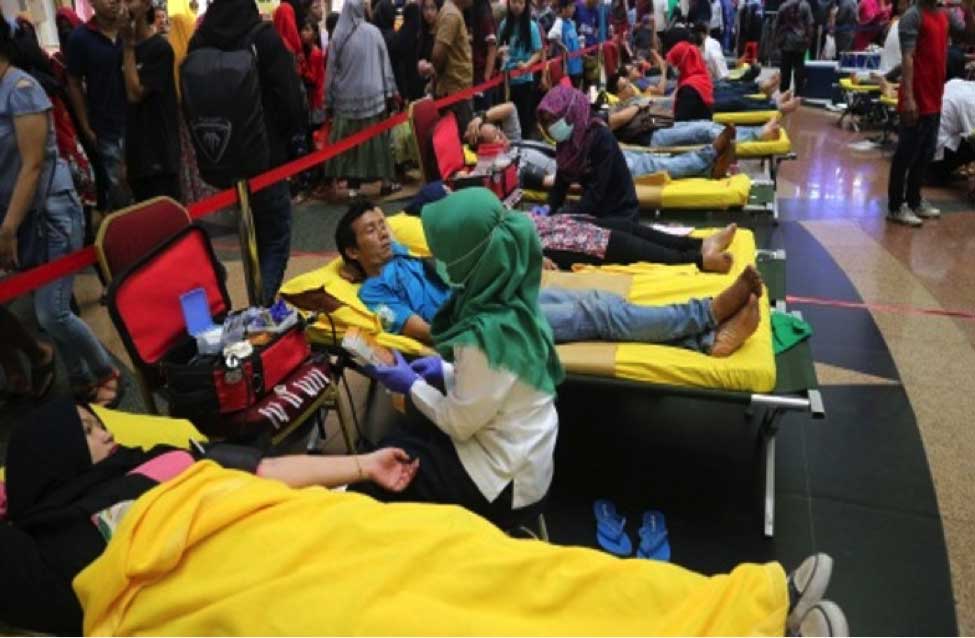Oleh : Wimpi Handoko – Branding & Communication Strategy Expert of Fortune PR
Hopefully by 2019, people in Jakarta will finally be served by Indonesia’s first network of metro rail and monorail. 30 years late and 30 times more expensive, but better late than never, the metro and monorail is supposed to reduce the burden of the city’s major roads of everyday everlasting traffic congestions.
The Metro rail subway will serve a north-south track, half elevated and half underground between a South Jakarta terminus of Lebak Bulus and underground metro station below the famous Hotel Indonesia roundabout. The all-elevated monorail track will serve between the suburb city of Bekasi on the East and an East Jakara terminus of Kampung Melayu. Both metro and monorail will have a combined track of more than 50 Km. and hopefully serving more that 800,000 people a year, still small compared to the greater Jakarta population of almost 13 million.
But the project is more than just catching up with other major world cities in mass public transportation access; it is more than just providing new mode of city transportation. It is a social study whether the people of Jakarta and the surrounding suburbs can cope and adapt as a society to the changes of social behavior needed to live in city of automation.
They say that what you see inside New York’s subway is a reflection of what the real New Yorkers look like, the Underground tube of London encapsulate how Londoners behave in real life or how Japanese’s famous disciplinary lifestyle are shown when riding the JR Yamanote line. A city and how it’s run can shape the behavior of its society in public. A city that runs on automation will definitely drive its population into the rhythm of the machine. Automation works based on the study of the user’s algorithm and by default it sets up to work in a way that follows how the users can adapt to it. In the case of mass rapid transit, individuals accustomed to automation will run their algorithm in the process of getting a ride on a MRT train: queuing ticket line, buy ticket from machine, go to the turnstile, insert or tap ticket, pass the turnstile, go to the platform, wait for the train, queue getting in the train, ride the train, exit, queue the turnstile and exit the station, the ritual that every user must take everyday without missing a beat, because when you do, you’ll get a growl from the person behind you and probably cause a sudden stop all the way down the line. A society with temperamental behavior that are forced to adapt ways that are foreign to them will definitely spark small incidents and when such happen on a regular frequency to more people, it can turn into an ugly scene.
Like any other cities that are introducing new public services, city councils have the responsibility to launch a socialization campaign giving guidelines how the system will work and on how people should behave. Jakarta is fortunate to have the Trans Jakarta bus way as it runs like any other mass rapid transit system. Users of Jakarta bus way in someway are being accustomed to the “algorithm” of automation of riding a MRT system. Advanced cities around the world that have had the fortune of providing modern mass rapid public transportation system have shown success stories to the changes of social behavior that are necessary to cope with daily rapid automated mobility of people: discipline of queuing; no littering; regards to being on time; safety precaution; mutual respect; respect to public properties; cleanliness. Not all cities score perfection, however all have established legal public ethics in regards to public interest so that any miss behavior or unlawful acts are easily pointed out for the authorities to legally take necessary steps.
Socialization through public communication is essential in efforts to change behavior of a society challenged with technological advancements requiring changes on the way we live daily. Without it, the public will unexpectedly face a reality that abruptly will change the way we live our routine day. A simple example is when public work is being done on a busy road intersection and nothing is being announced and one morning you face surprised motorist jammed on that intersection.
The Jakarta city council has the responsibility and obligation to provide a socialization campaign on how the new MRT system works, what it does, and as a public commuter how we would behave so that the full benefit of it can be enjoyed by all. The use of social media in the form of short video tips through YouTube, Facebook’s new coming Watch feature or Instagram should be the most effective and economical way since most Jakarta commuters are smartphone owners and social media users. Doing in it in a joyful and entertaining way like most airlines do nowadays in their flight safety videos, hopefully commuters will welcome it and take ownership of these new public facilities with joy as well responsible citizens of Jakarta.










Leave a Reply